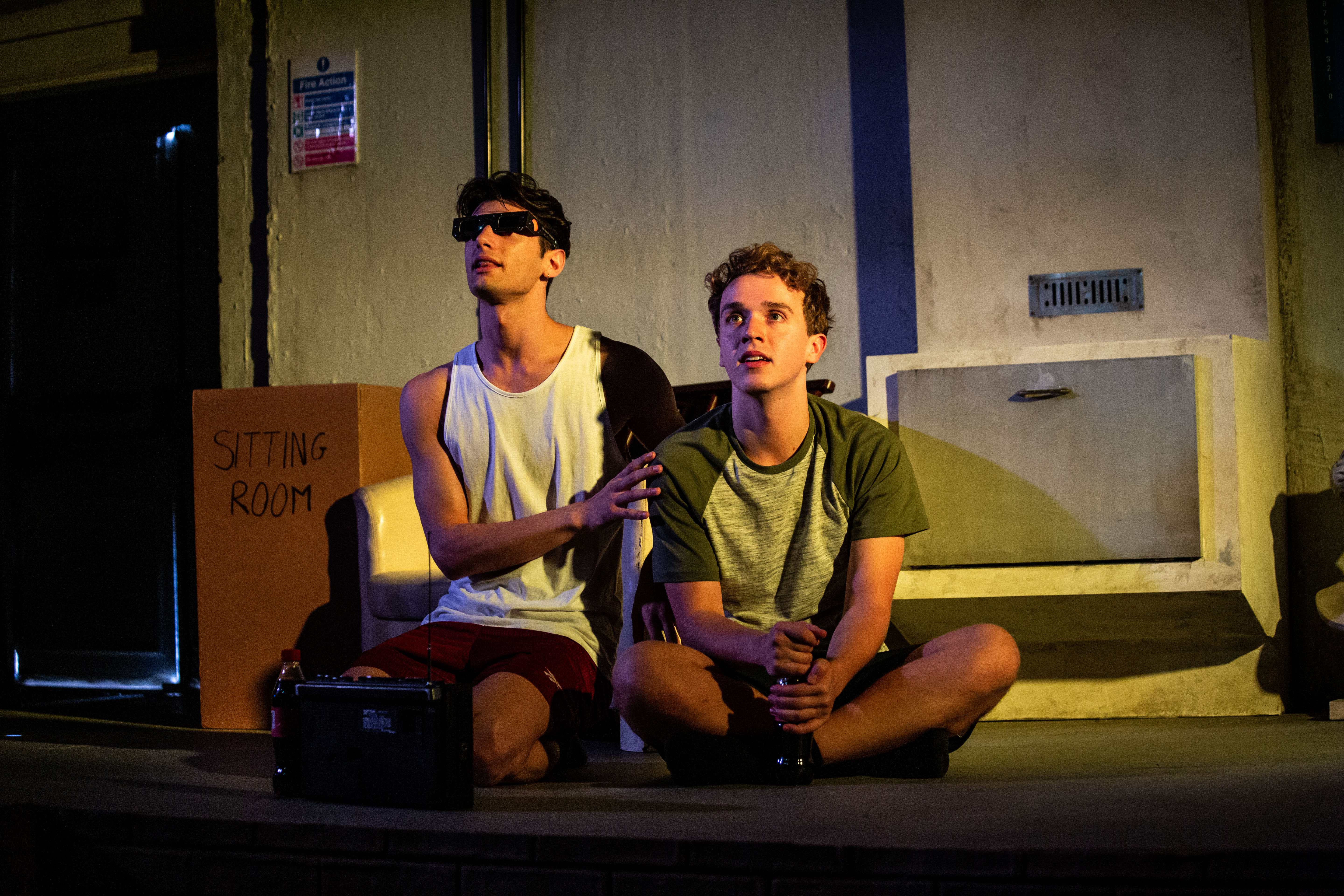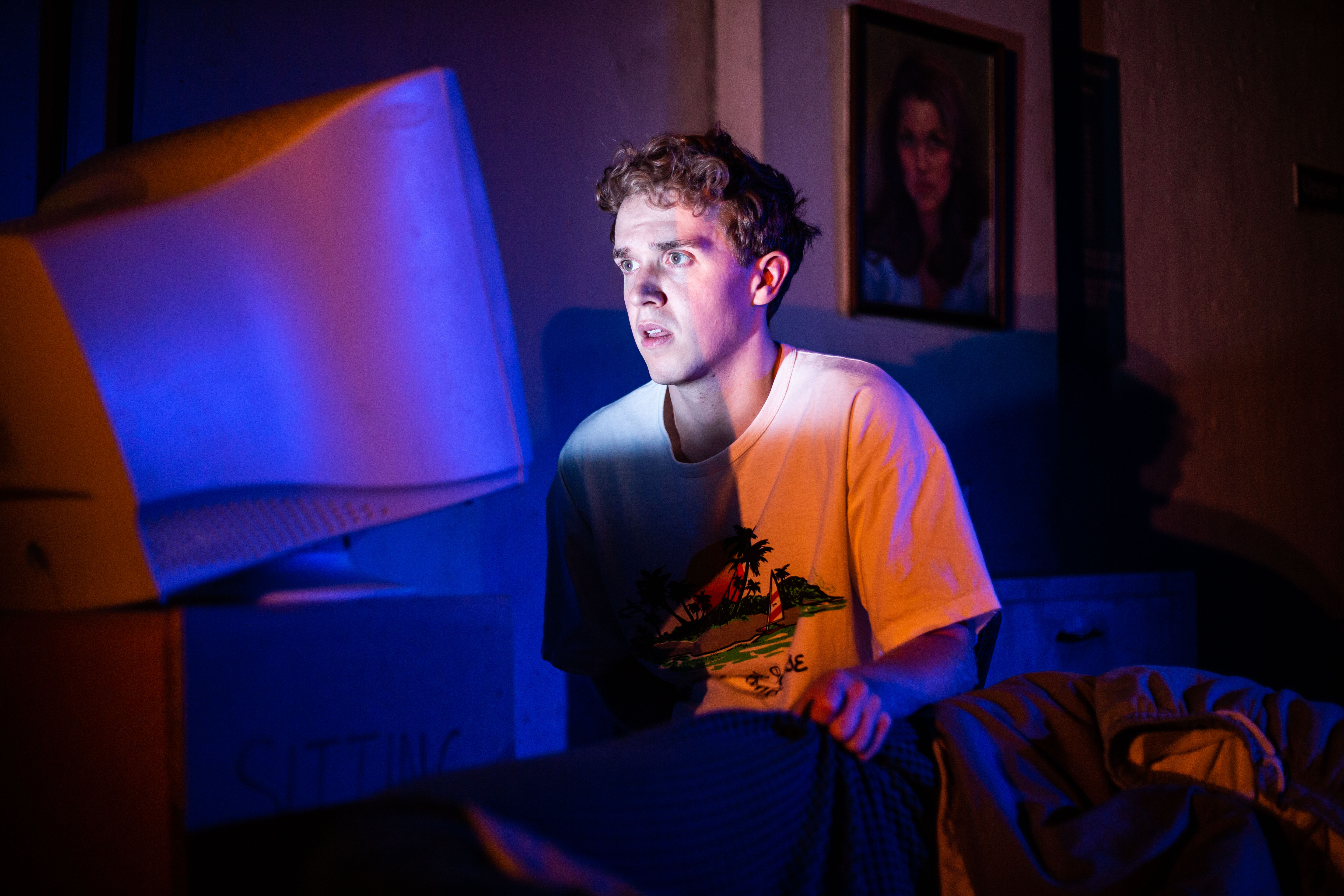World's End: A Review
'An unmissable play about love, loss and sexuality.' Our Service Director Rachel Everard reviews the play 'World's End', currently showing in London.
The year is 1998 and the opening scene of James Corley’s debut play ‘World’s End’ takes place in the unprepossessing corridor of a housing estate in Chelsea. All four characters — father and son fleeing the Kosovan conflict and mother and son fleeing something less tangible but no less powerful — meet for the first time. From then on, the relationship between single parent and son is sensitively explored and we start to understand the underlying tensions so apparent from the start.
I would strongly urge anyone to go and see World’s End – an exceptionally strong piece of theatre.
But the main focus is on the burgeoning relationship between the two young men, Ben and Besnik, both so different in terms of background and personality, brought together by their shared passion for Nintendo. This is essentially a love story, exquisitely told, set against a strong political backdrop with many of the issues – migration, sexuality, difference and war – still of great importance in 2019.

I was spellbound from start to finish by this beautifully written play where each character is revealed in all their complexity. It is a credit to the playwright that all four characters: Viv, the gregarious, glamorous and troubled mother of Ben whose struggle to engage with life is plain to see; Uli, the proud Kosovan whose son Besnik is all charm and confidence, gain our total empathy and understanding. The actors did their characters proud, all so totally believable.
Stammering portrayal
As a person who stammers, I was naturally interested by the role stammering had to play in World’s End. Playwright James says: "The main character Ben has a stammer, and it was a really great way of communicating my experience with one in this play — and hopefully bringing awareness of stammering to a wider audience."
However, I must admit to some misgivings about the underlying messages Ben’s stammer might have delivered to the audience. Ben is clearly a shy and socially-anxious young man lacking in self-confidence, too frightened to leave the safety of the sofa and his Nintendo 64 and venture outside. The fact he stammers could unwittingly reinforce the myth that stammering is caused by nervousness, strongly held by a large percentage of the general public. Also, I was intrigued as to why he stammered more in the early stages of the play — understandable enough when introducing himself — but then later on his stammering seemed to be remarkably absent. It might have been more authentic if he had stammered throughout, with more noticeable stammering during particularly challenging speaking situations.
That being said, I would strongly urge anyone to go and see World’s End — an exceptionally strong piece of theatre. I also hope that it will be shown in theatres around the country, enabling more people to be similarly spellbound.
‘World’s End’ continues until Saturday 21 September at the King’s Head Theatre in Islington, London. To book tickets, click here.






























